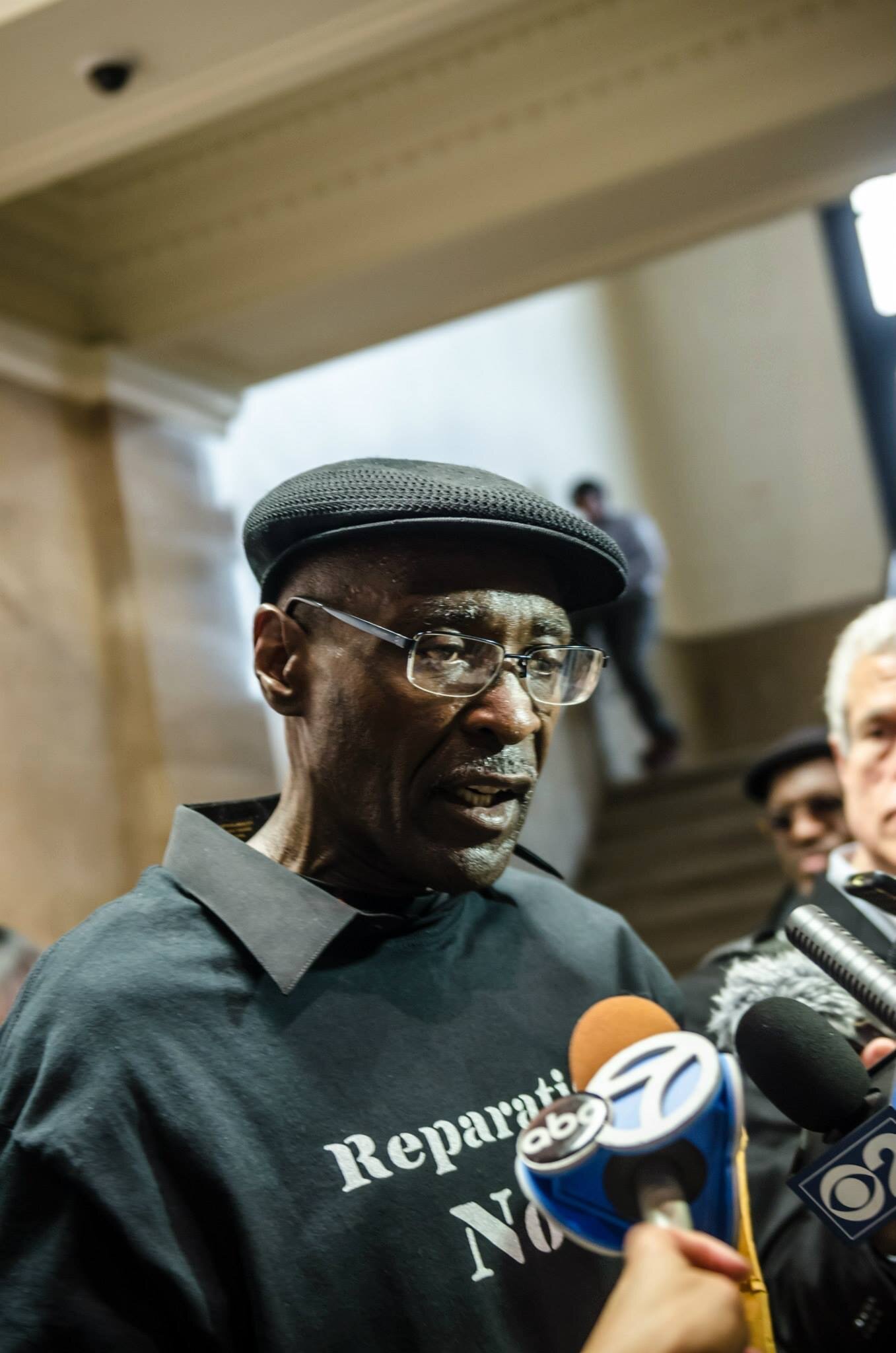About the Archive
The Chicago Police Torture Archive is a human rights documentation of former police Cmdr. Jon Burge’s violence against more than 100 Black people, from the 1970s to the 1990s. The centerpiece of the site is profiles of police torture survivors, most of whom were represented by the People’s Law Office, which donated its case files to this project.
For decades, Burge and his “Midnight Crew” tortured scores of people into false confessions, terrorizing communities of color — while prosecutors, judges and many others in Cook County’s criminal justice system looked the other way. Today, the Burge torture is regarded as one of the most appalling instances of police misconduct in American history. Despite a handful of media reports, Burge’s reign of terror was mostly hidden from public view until Chicago Reader journalist John Conroy exposed the truth in his 1990 feature story “House of Screams.”
What unfolded over the next quarter of a century was extraordinary. Burge was fired in 1993. A decade later, then-Illinois Gov. George Ryan pardoned four death row prisoners who had been tortured. In 2010, Burge, who earned a police pension until his death in 2018, was convicted of obstruction of justice and perjury for lying about the torture, and he spent four years in prison. Notably, he never faced legal consequences for his criminal acts of torture, for which the statute of limitations had expired.
Concurrently, an intergenerational campaign for reparations, built on decades of outcry from those impacted by the torture, advanced. A coalition of 45 groups called upon the city of Chicago to acknowledge and repair the harm caused by Burge and officers under his command. In 2015, the city agreed to an unprecedented reparations deal, which included a formal apology, a $5.5 million fund for torture survivors, and other assistance ranging from free city college tuition for survivors and their families to counseling services. The city also agreed to create a memorial, build or designate a center on the South Side of Chicago (what would become the Chicago Torture Justice Center), and require middle and high school students enrolled in Chicago Public Schools to learn about the torture cases as part of their history classes.
In 2017, the People’s Law Office donated its files to the Pozen Center for Human Rights at the University of Chicago. The Pozen Center, in turn, asked the Invisible Institute to digitize and curate the legal archive and make it accessible to the public.
The fight against this vast institutional harm is not over. Several torture survivors are still in prison and seeking release. The city of Chicago has not honored all the terms of the reparation ordinance. Police abuse continues, as evidenced by citizen complaints of abuse documented by the Citizens Police Data Project, and significant settlements in civil suits alleging police misconduct.
The era of torture did not start with the Burge crew. It did not end with the Burge crew. In fact, it was not an era at all. The legacy of torture persists to this day.
After decades of willed ignorance by public actors, we urge you to know this history, to accompany these survivors as they attest to their trauma, and to help build a society that no longer tolerates such cruelty.
— Invisible Institute
The Invisible Institute is a nonprofit journalism production company based in the South Side of Chicago. We work to enhance the capacity of citizens to hold public institutions accountable. Our work coheres around a central principle: We as citizens have co-responsibility with the government for maintaining respect for human rights and, when abuses occur, for demanding redress.
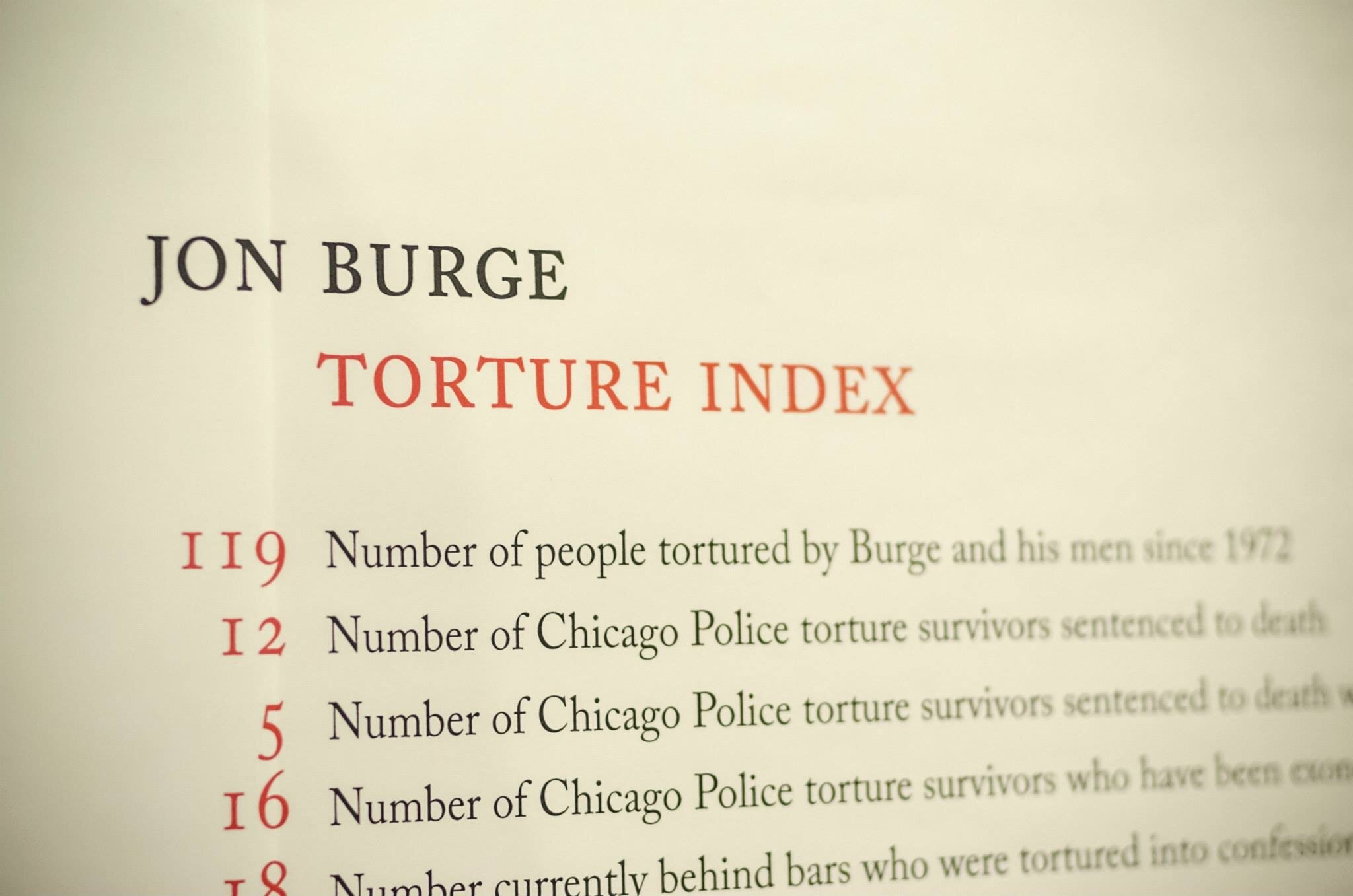
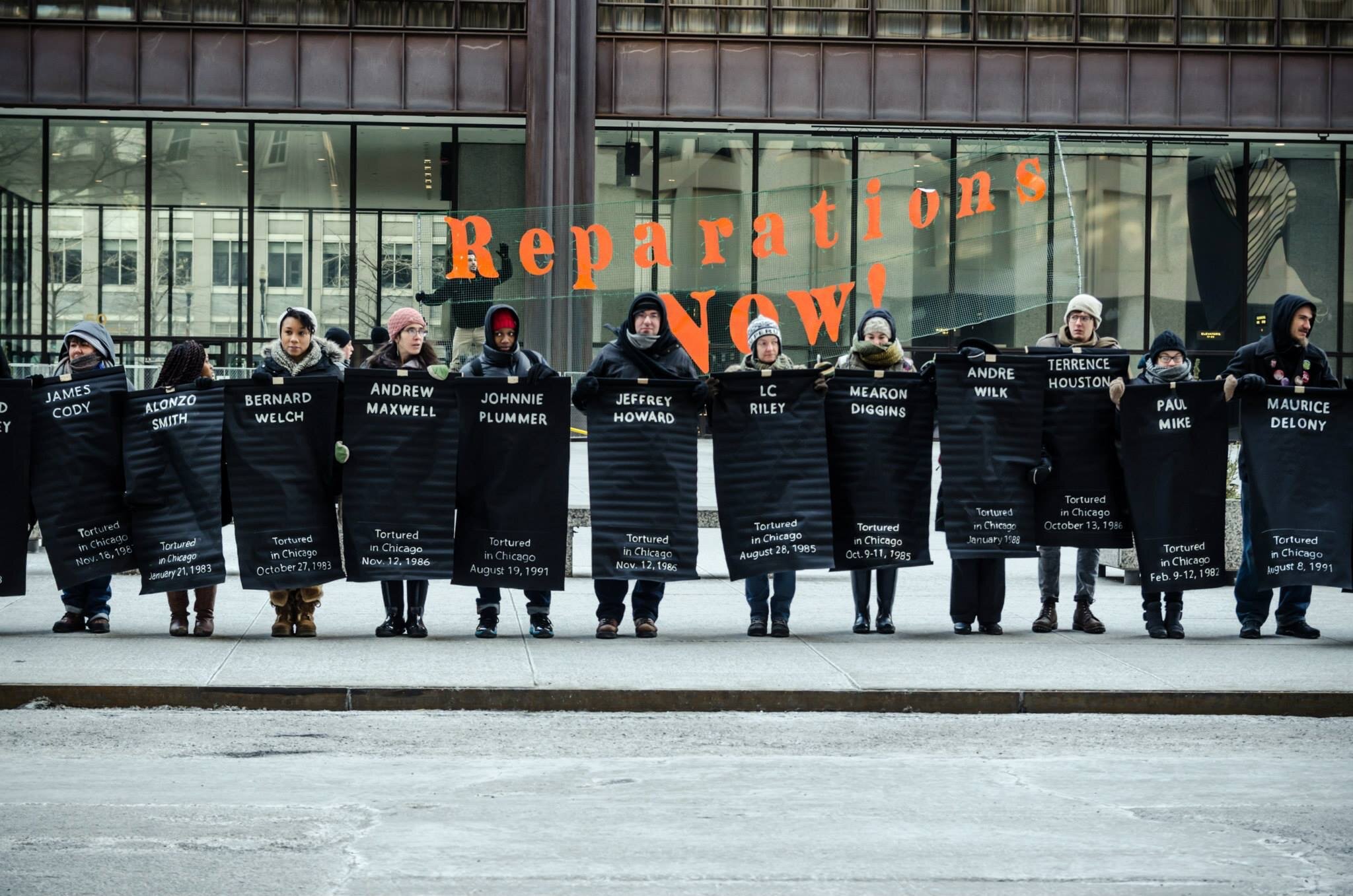
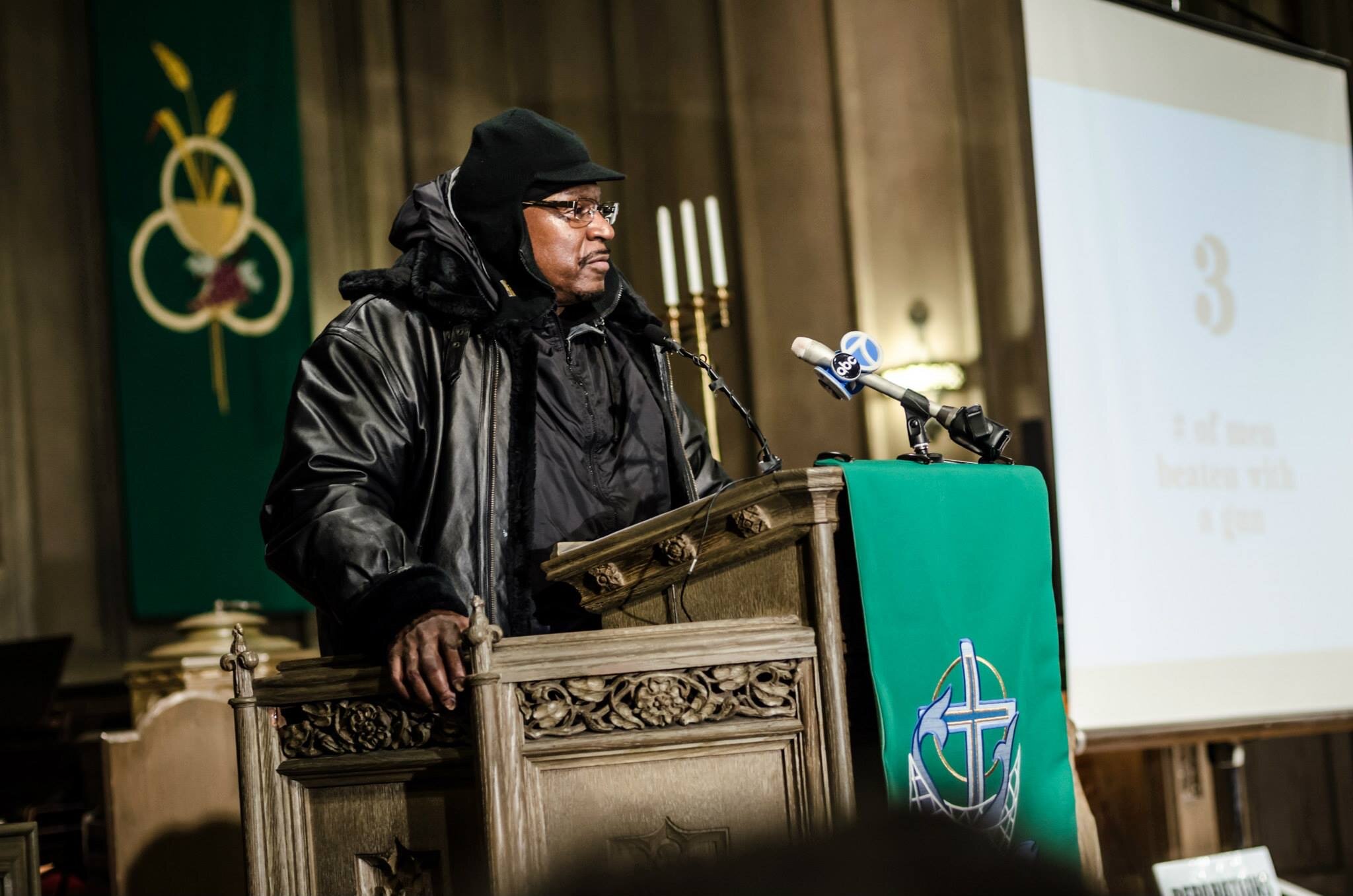
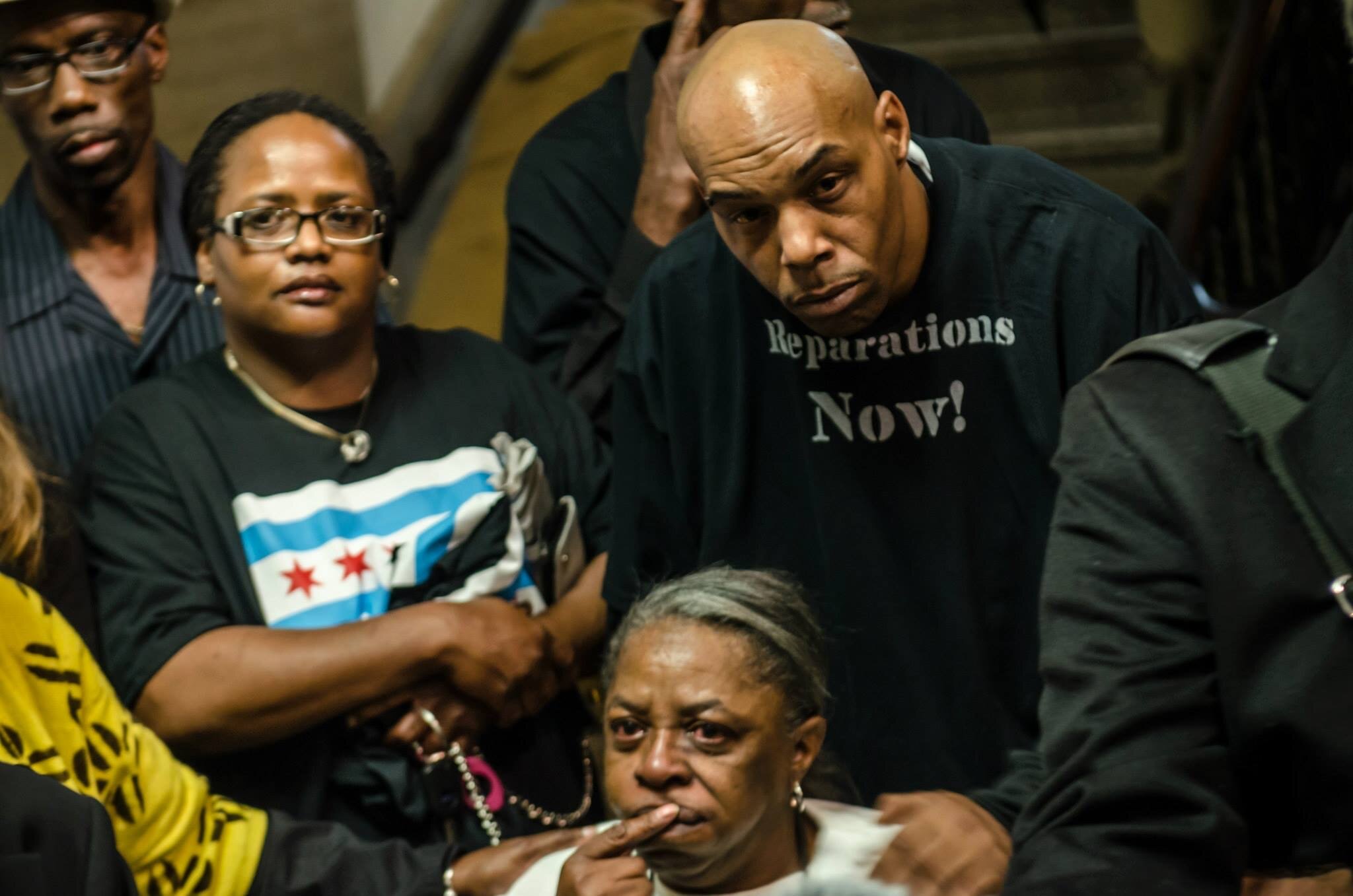
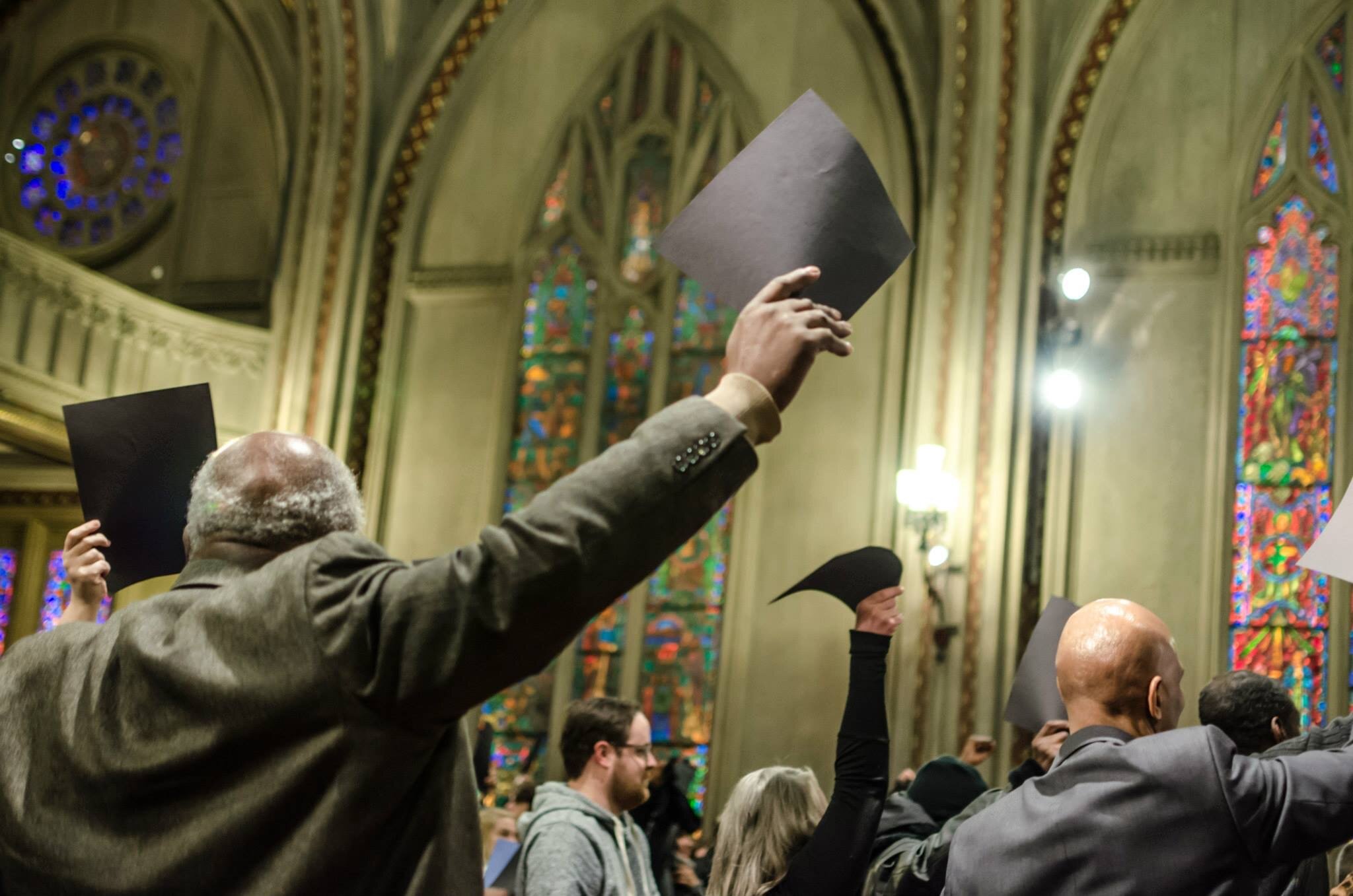
Credits
Executive Editors: Alison Flowers, Jamie Kalven, Maira Khwaja
Features Editors: Jeremy Borden, Dana Brozost-Kelleher
Legal Directors: Chaclyn Hunt, Emma Perez
Design Director: Sukari Stone
Reporters: Ellen Glover, Annie Nguyen, Amanda Rivkin
Multimedia: Henri Adams, Erisa Apantaku, Kahari Blackburn, Bill Healy, Amanda Rivkin, Rajiv Sinclair
Copy Editors: Niamh McDonnell, Olivia Stovicek
Contributors: Chicago Torture Justice Center, Chicago Torture Justice Memorial, People’s Law Office, Pozen Family Center for Human Rights, Maddie Anderson, Shamiah Byrd, Rebecca Boorstein, John Conroy, Asha Futterman, Susan Gzesh, Emma Herman, Alice Kim, Joey Mogul, Lucy Papachristou, Isra Rahman, Keisa Reynolds, Sophia Sherry, Rebekah Siliezar, Flint Taylor, Matilda Vojak, Priyanka Farrell, Wendy Lee

